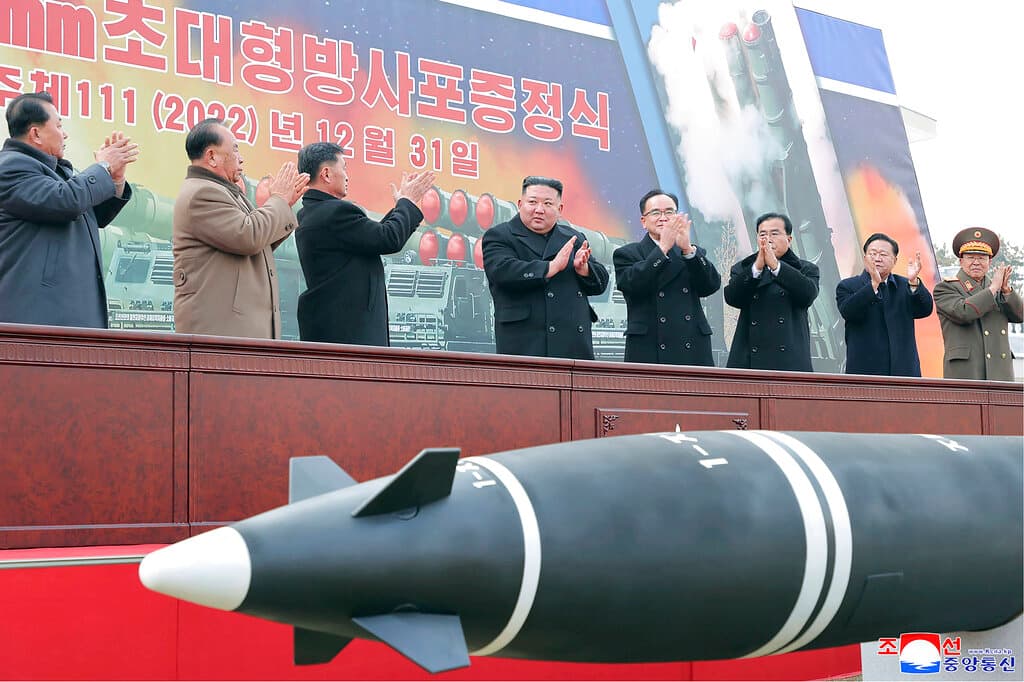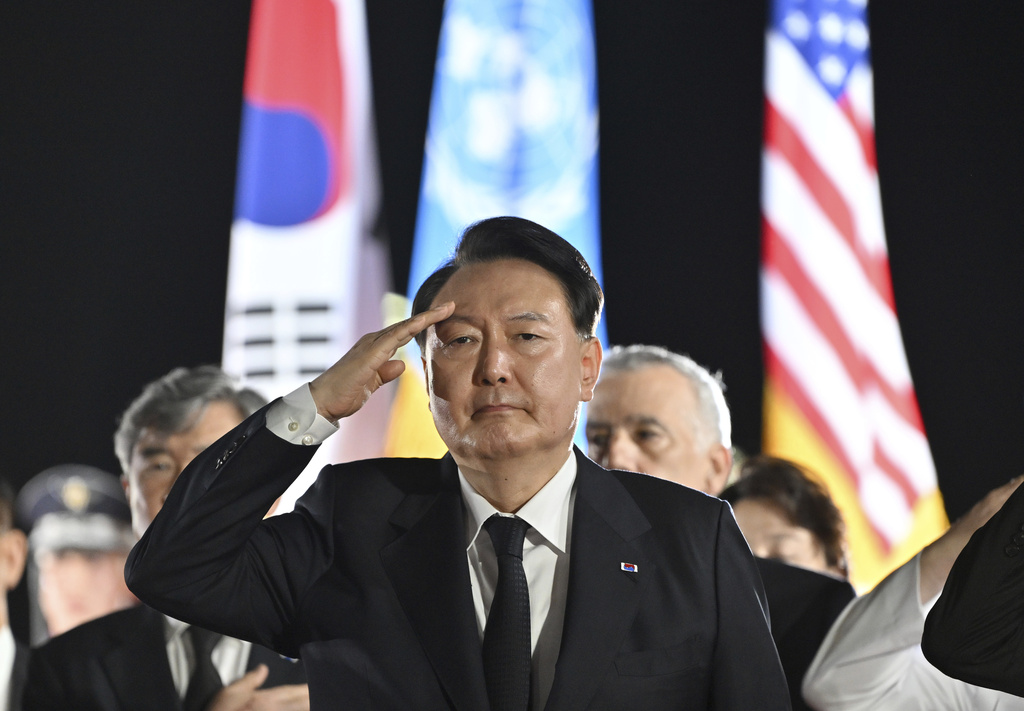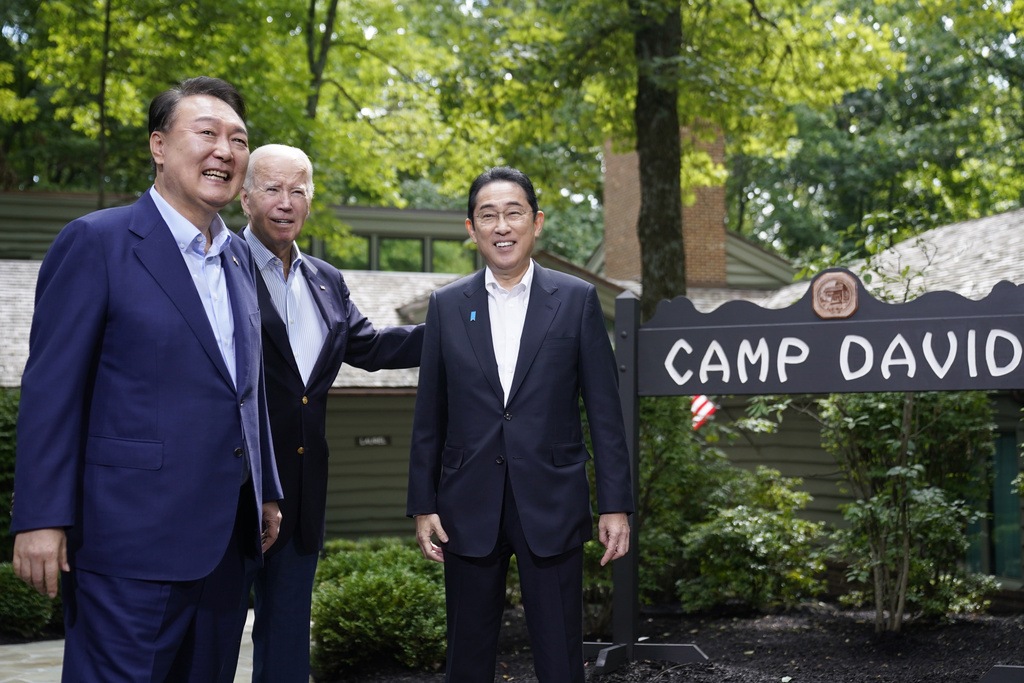Denuclearization of North Korea — Passed Over in Democratic and Republican Platforms — Erupts as an Issue at Seoul
Conservative government in South Korea responds almost angrily to absence of the issue from the party platforms in America.

Seoul wants to make one thing totally clear: North Korea has got to denuclearize. The conservatives in power in South Korea are responding decisively, almost angrily, to the absence of “denuclearization” of the North from the platforms of both the Democratic and Republican parties.
The South’s unification minister, Kim Yung-ho, responding to a question from the Sun, called for revision of the platforms of both parties when it came to the issue of standing up to North Korea on its nuclear program.
“We can only hope there will be a mention of complete denuclearization” when the Sun asked him if he feared America under the next president would weaken its longstanding policy calling for complete, verifiable, irreversible denuclearization, known as CVID.

”The Korean government stance is clear,” he said. “We want complete denuclearization.” Otherwise, he warned, “there will be a nuclear domino effect throughout the region.” The inference, though he did not say so specifically, is that other countries would also go nuclear.
The Democrats gave an impression of backtracking, answering Seoul’s concerns, when a former deputy defense secretary, Colin Kahl, briefing reporters, said “denuclearization of the Korean Peninsula remains an objective of this administration and, I would have to imagine, a Harris-Walz administration.”
The question of whether South Korea should develop its own nuclear weapons is a matter of intense debate among Koreans. South Korea has eight nuclear power plants with 25 reactors — and the technology and resources to produce nuclear warheads.
Increasingly, conservatives are calling for the South to produce its own warheads. The mayor of Seoul, Oh Se-hoon, a member of the ruling People Power Party,has seized on the North firing balloons carrying trash into South Korea as reason to consider going nuclear.

“As I witnessed the fifth round of trash balloons arriving today,” he said recently. “I could not help thinking that we should also develop nuclear capabilities.”
At a seminar sponsored by the Committee To Prepare for a New Future, a conservative grouping, a National Assembly member, Na Kyung-hwan, said “the time has come for us to arm ourselves with nuclear weapons too.”
The issue, though, has not yet risen to the level of a real possibility. The South’s conservative president, Yoon Suk-yeol, has said the idea is not an option while America is providing a “nuclear umbrella” for defense against North Korea leader Kim Jong-un’s threats to fire tactical nukes.
Japan is in an even better position to fabricate nuclear warheads. It possesses 30 nuclear power plants but is constrained from debate on going nuclear by memories of the atomic bombing of Hiroshima and Nagasaki that ended World War II 79 years ago this month.

